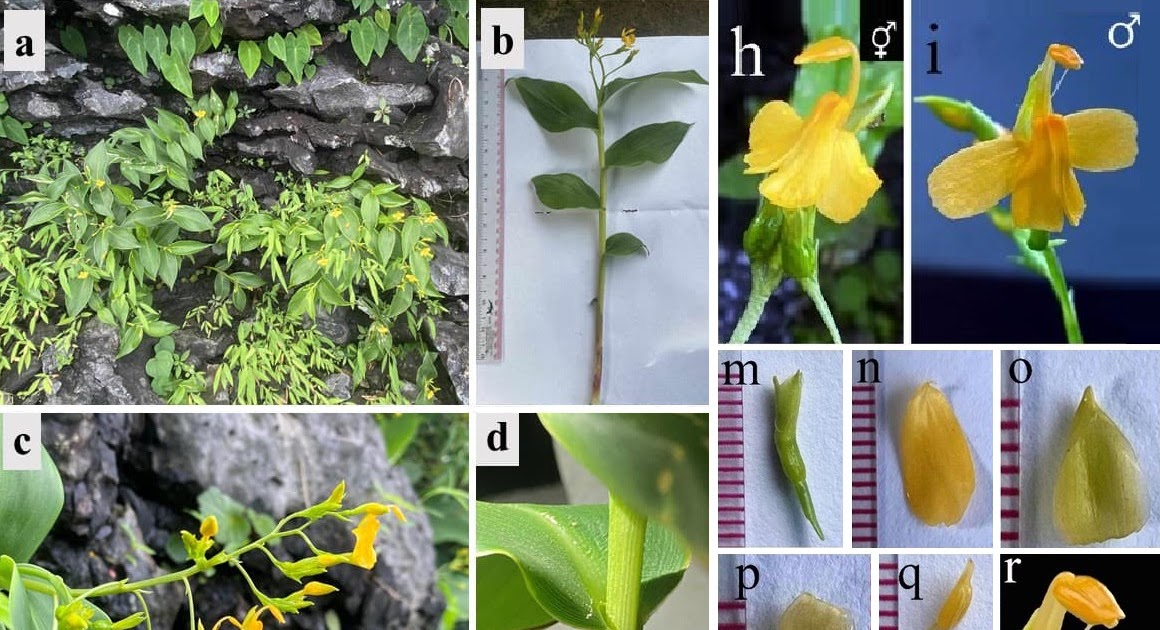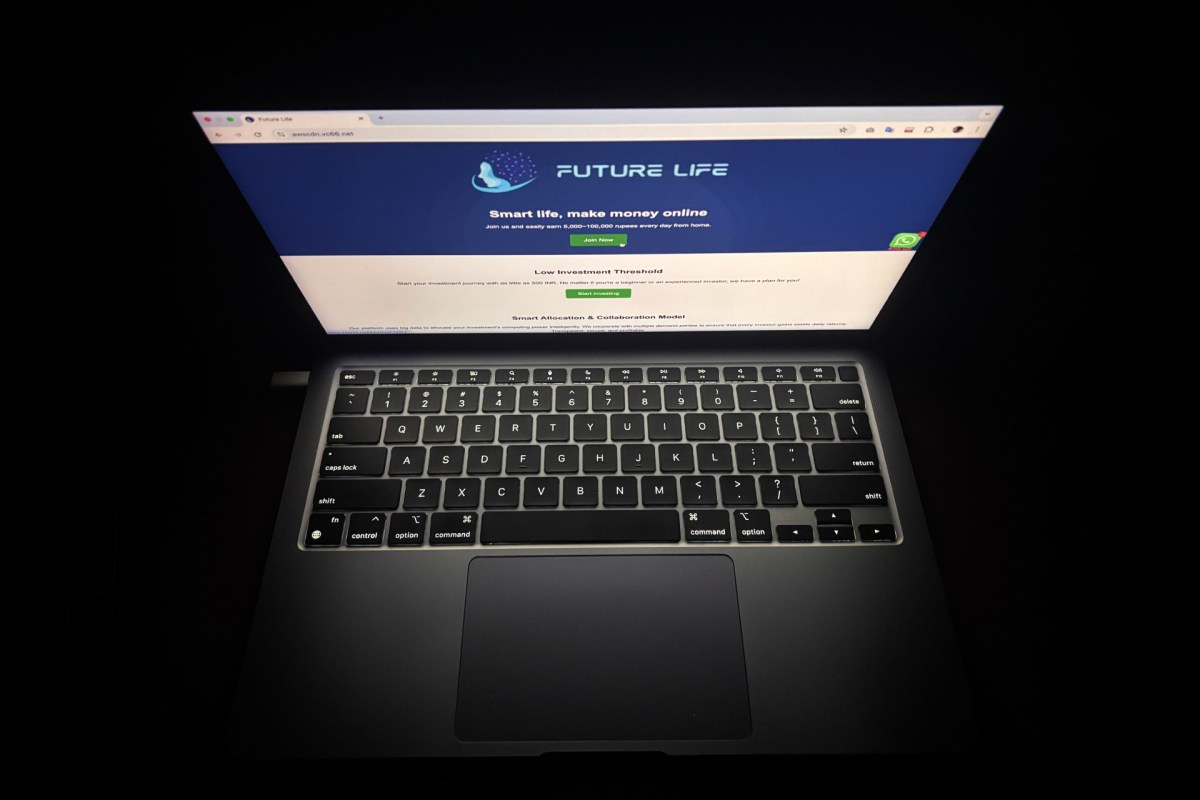In an era when digital collaboration and online resources are critical to the distribution and advancement of academic and scientific knowledge, the importance of internet safety in these fields has grown dramatically. The transition to online publishing, virtual conferences, and web-based collaboration has exposed the academic and scientific communities to a slew of cyber threats. These dangers jeopardise not only personal and institutional data, but also the integrity of scientific research in general. As stewards of academic standards and ethics, research societies play an important role in negotiating these difficulties, and protecting the digital security of their domains is critical.
Online Threats in Academia & Scientific Publishing
The academic and scientific communities are not immune to the cyber risks that afflict the entire digital world. Phishing attacks, in which people are duped into supplying sensitive information, are growing more sophisticated, frequently targeting researchers with the promise of publishing chances or access to special databases. Data breaches represent another important concern, including cases where unauthorised access to research data has resulted in intellectual property theft or scientific findings manipulation, weakening the credibility of research outputs.
Furthermore, the academic community must address the dissemination of misinformation and academic dishonesty. The emergence of predatory publications, which profit from the open-access paradigm while providing no valid peer review, reduces the quality of scientific debate. Furthermore, the issue of cyber espionage, in which state-sponsored or competing interests seek early access to cutting-edge research, should not be underestimated, emphasising the importance of strong cybersecurity measures in preserving intellectual developments.
The Role of Research Societies in Ensuring Online Safety
Research societies are ideally positioned to advocate for internet safety in the academic and scientific communities. By cultivating an educational and awareness environment, these societies may provide their members with the knowledge and skills they need to efficiently manage online hazards. This includes not only providing information about common cyber risks, but also exchanging best practices for digital hygiene and data security.
Developing and implementing comprehensive internet safety policies is another crucial area in which research societies can have a significant impact. These regulations should address the unique issues and threats that academia faces, while also offering a framework for members to engage in responsible online activity. Furthermore, the implementation of support systems, such as reporting procedures for security issues, guarantees that members have options in the case of an online security breach.
Collaboration with cybersecurity specialists provides another opportunity for research societies to improve their digital safety protocols. By collaborating with IT security businesses or specialists, societies can stay up to date on the newest cybersecurity threats and defences, ensuring that their members are protected from developing online risks.
Best Practices for Webinars & Online Events
The shift to online events and webinars has expanded opportunities for academic collaboration and learning. However, it has introduced new vulnerabilities. Secure platforms are the backbone of safe online events, and research societies are increasingly using systems known for their strong security features to hold webinars and conferences. These platforms provide end-to-end encryption, secure authentication techniques, and limited access to ensure that only registered users can participate.
Implementing secure registration and authentication methods is critical for preventing unauthorised access and protecting participant information. Data protection measures, such as anonymizing participant information and providing secure communication routes, are critical for preserving confidentiality and integrity during these events.
Practical examples from different research societies
In the realm of academic and scientific discourse, research societies are taking decisive steps to fortify internet safety through practical, innovative examples. The Royal Society, recognizing the need for secure digital communication, upgraded its webinar platform to incorporate advanced encryption protocols. This strategic move ensures that online lectures and discussions are conducted on a platform safeguarding participants against data breaches and unauthorized access.
Similarly, the Institute of Electrical and Electronics Engineers (IEEE) has initiated cybersecurity workshops for its members. These sessions, led by cybersecurity experts, aim to educate participants on navigating common online threats and securing sensitive information, thereby enhancing their digital resilience.
The American Chemical Society (ACS) adopted a robust two-factor authentication (2FA) system for its annual conference access. This security layer requires attendees to verify their identity through a secondary method, significantly reducing the risk of unauthorized access and ensuring that only verified participants can engage in the conference’s online sessions.
Nature Research, a pioneer in scientific publishing, introduced a secure online portal for its peer review process. Designed with top-tier security measures, this portal safeguards the confidentiality of manuscripts and the anonymity of reviewers, with stringent access controls and data encryption ensuring the integrity of the peer review process.
These examples from the Royal Society, IEEE, ACS, and Nature Research exemplify the commitment of research societies to implementing cutting-edge security measures. By prioritizing internet safety, these organizations not only protect their members and participants but also uphold the sanctity of scientific research and collaboration in the digital age.
As the digital landscape changes, so do the difficulties of internet safety in academia and scientific publishing. Research societies are at the frontline of this battle, with the obligation of protecting their members from online risks while also creating a culture of responsible and secure online activity. Research societies can safeguard the integrity of scientific research and their members’ personal safety in the digital era by implementing best practices for digital safety, formulating thorough policies, and cultivating an environment of awareness and education. The journey to perfect online safety is ongoing, requiring vigilance, adaptability, and a collaborative effort from the entire academic community.








Leave a Comment